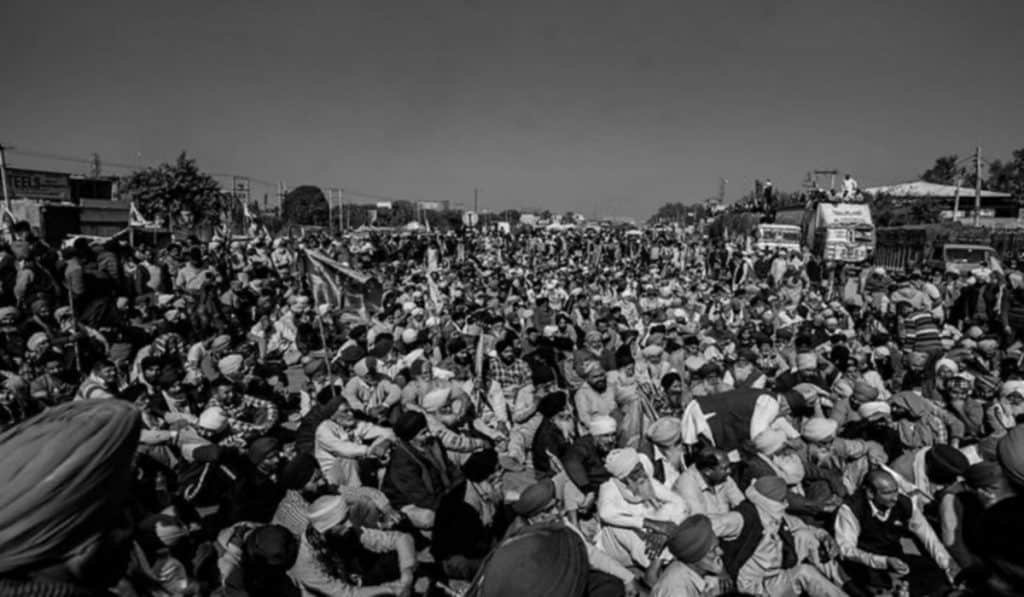To facilitate talks between the government and farmers, the Supreme Court suggests forming an impartial panel to end the impasse before it becomes a national issue.
Farmers Protest Legitimate: SC
Hearing the pleas for and against the farmers’ protest, Chief Justice SA Bobde acknowledged the fundamental right of farmers to protest. However, it should not damage anyone’s life or property. Further, he added that protest has a purpose and it cannot go on for long. Hence, both parties must settle the issue soon. On forming a committee, he said that the Centre has been unsuccessful in negotiations. Consequently, there is a need to create an independent committee, including members with knowledge of agriculture. Meanwhile, the non-violent protest can continue, and police won’t move the protestors.
Long Term Transformation Plan of Agriculture Needs Incentives not Punishment
Though the government’s intentions of agrarian transition are not wrong, it has not come up with a good theory for the same. Ashutosh Varshney, a political science professor at Brown University, explains that the government’s idea of exposing farmers (and not industrialists) to the volatility of the market is contentious. Also, the government must not punish farmers who have become used to produce wheat and rice by withdrawing MSP. Instead, it should incentivize high-value farming while providing income support. Further, he points out that contract farming would be beneficial to farmers only if they have legal and administrative support. Otherwise, farmers will be left at the mercy of industrialists as they possess greater administrative and legal knowledge.
To conclude, the Supreme Court has said that it won’t interfere in protest; however; it has asked to alter it so that it doesn’t affect citizens’ right of movement. Farmers have been protesting at different borders of Delhi for almost a month now, and over 20 farmers have lost their lives during this duration.

